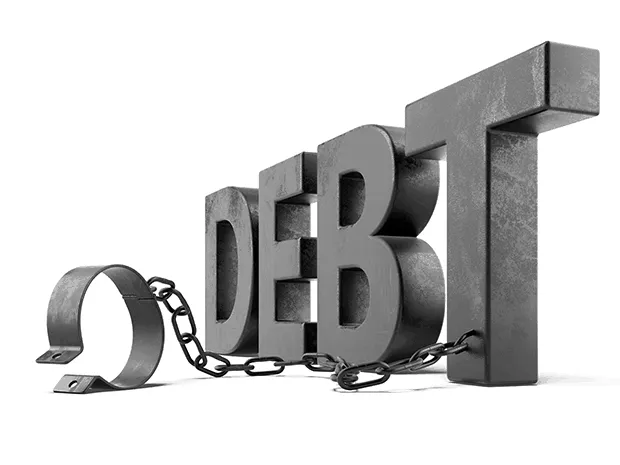
10 Essential Steps: Shielding Yourself from Credit Card Fraud
Introduction
In the age of technological advancements, credit cards have become indispensable. They've made shopping easier, bills more manageable, and even provide rewards. However, with these benefits come risks. One such risk is credit card fraud. How can you ensure you're "Shielding Yourself from Credit Card Fraud"? This comprehensive guide will provide insights and actionable steps to bolster your defenses.
Shielding Yourself from Credit Card Fraud
Understanding the significance of shielding yourself from credit card fraud is paramount. Imagine a scenario where a stranger has access to your funds, making unauthorized transactions and damaging your credit score. It's a nightmare! Fortunately, there are methods to prevent such disasters. But first, we must understand the nature of this threat.
What is Credit Card Fraud?
Definition: Credit card fraud is the unauthorized use of one's credit card information to make purchases or gain access to funds.
Types of Fraud: There are several types, including:
Card-not-present fraud
Card-present fraud
Account takeover
How Fraudsters Operate
Phishing: Sending fake emails asking for personal information.
Skimming: Using a small device to swipe and store your card information.
Data Breaches: Hacking into organizations to obtain customer data.
Impacts of Credit Card Fraud
Financial Loss: Unauthorized transactions can cost you.
Credit Score Damage: Late detections can harm your creditworthiness.
Emotional Distress: It's downright stressful and frustrating.
Signs of Credit Card Fraud
Keep a keen eye out for:
Unfamiliar transactions in your statement.
Calls or emails from debt collectors for accounts you didn't open.
Credit card statements for accounts you didn't initiate.
10 Essential Steps for Shielding Yourself
1. Regularly Monitor Your Statements
Make it a habit to review your statements. Detect and report suspicious activities promptly.
2. Use Strong, Unique Passwords
Avoid easily guessable passwords like "password123". Use combinations of letters, numbers, and symbols.
3. Beware of Phishing Scams
Never provide personal information via email. Always verify the sender's identity.
4. Secure Your Physical Card
Keep your card in a safe place. Never leave it unattended.
5. Update Your Software
Regularly update your computer and smartphone software. Ensure you have the latest security patches.
6. Use Two-Factor Authentication
Enhance security by using two methods to verify your identity.
7. Safeguard Your SSN
Never carry your social security card with you. Avoid giving it out unless necessary.
8. Use Encrypted Websites
Ensure the website starts with "https://". This means it's encrypted and secure.
9. Report Lost Cards Immediately
In case of a lost or stolen card, report it instantly to minimize potential damages.
10. Educate Yourself
Stay updated on the latest fraud schemes. Knowledge is your best defense!
Recovering from Credit Card Fraud
If you've been a victim:
Report the fraud immediately to your card issuer.
Monitor your credit reports.
Consider a credit freeze.
FAQs
What should I do if I'm a victim of credit card fraud?
Immediately contact your credit card company, report the fraud, and follow their guidance.
How can I check if a website is safe for transactions?
Ensure the website starts with "https://" and look for a padlock symbol in the address bar.
Is it safe to save my credit card details on online shopping sites?
While convenient, it's safer not to store card details unless the site has robust security measures.
What's the difference between credit card fraud and identity theft?
Credit card fraud involves unauthorized card use, while identity theft involves impersonating someone to commit fraud.
How often should I check my credit card statements?
Ideally, review your statements monthly, if not more frequently.
Can I get compensated for unauthorized transactions?
Yes, most credit card companies have zero liability policies, but you must report the fraud promptly.
Shielding yourself from credit card fraud is not just a one-time effort. It requires continuous vigilance and proactive measures. By implementing the steps mentioned above and staying informed, you can significantly reduce your risk and enjoy the benefits of your credit card with peace of mind.
External Link: For more information on credit card safety, visit the Federal Trade Commission's site on protecting against credit card fraud.

© Copyright 2023. Elevare Debt Solutions, LLC. All rights reserved.